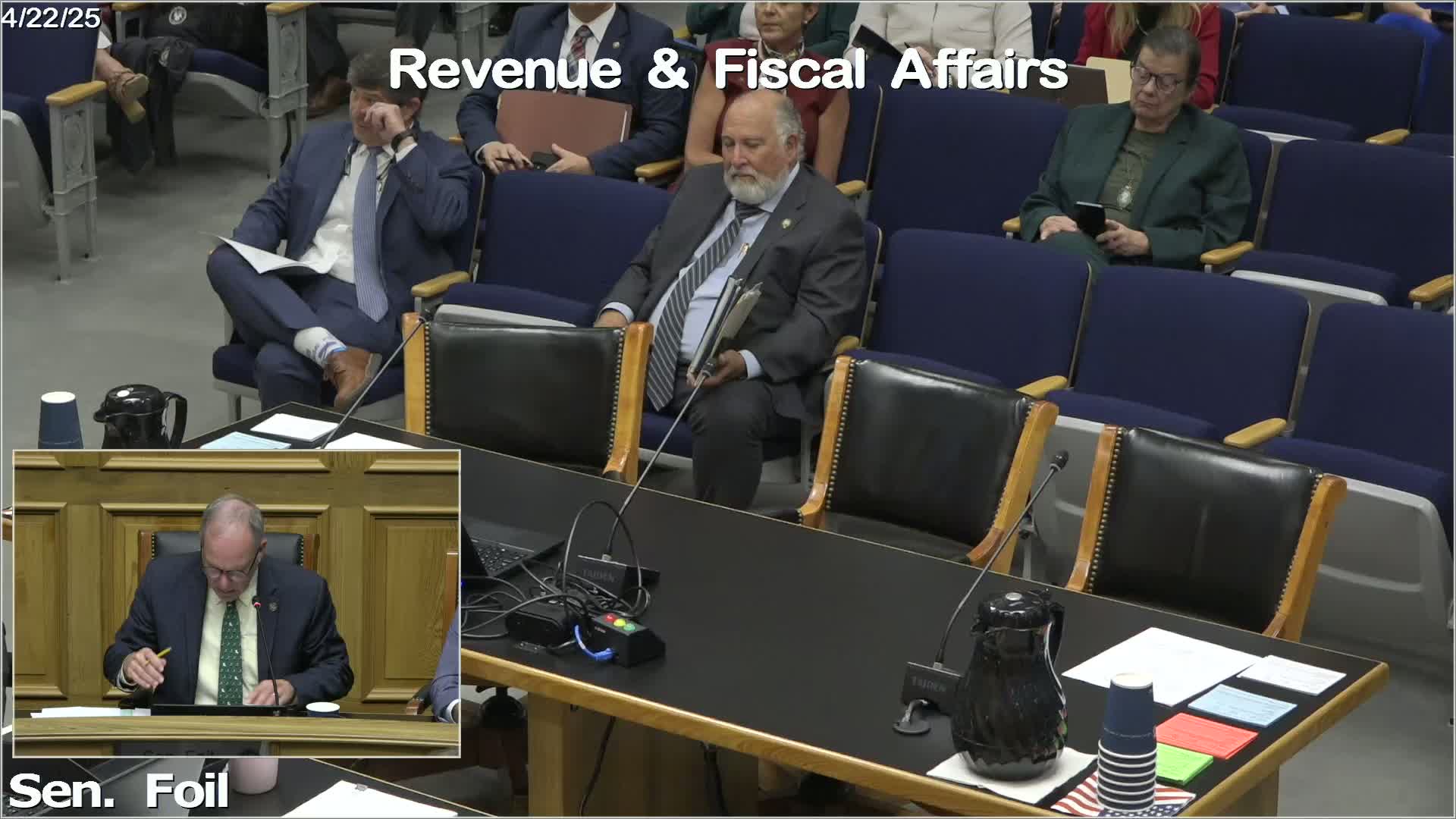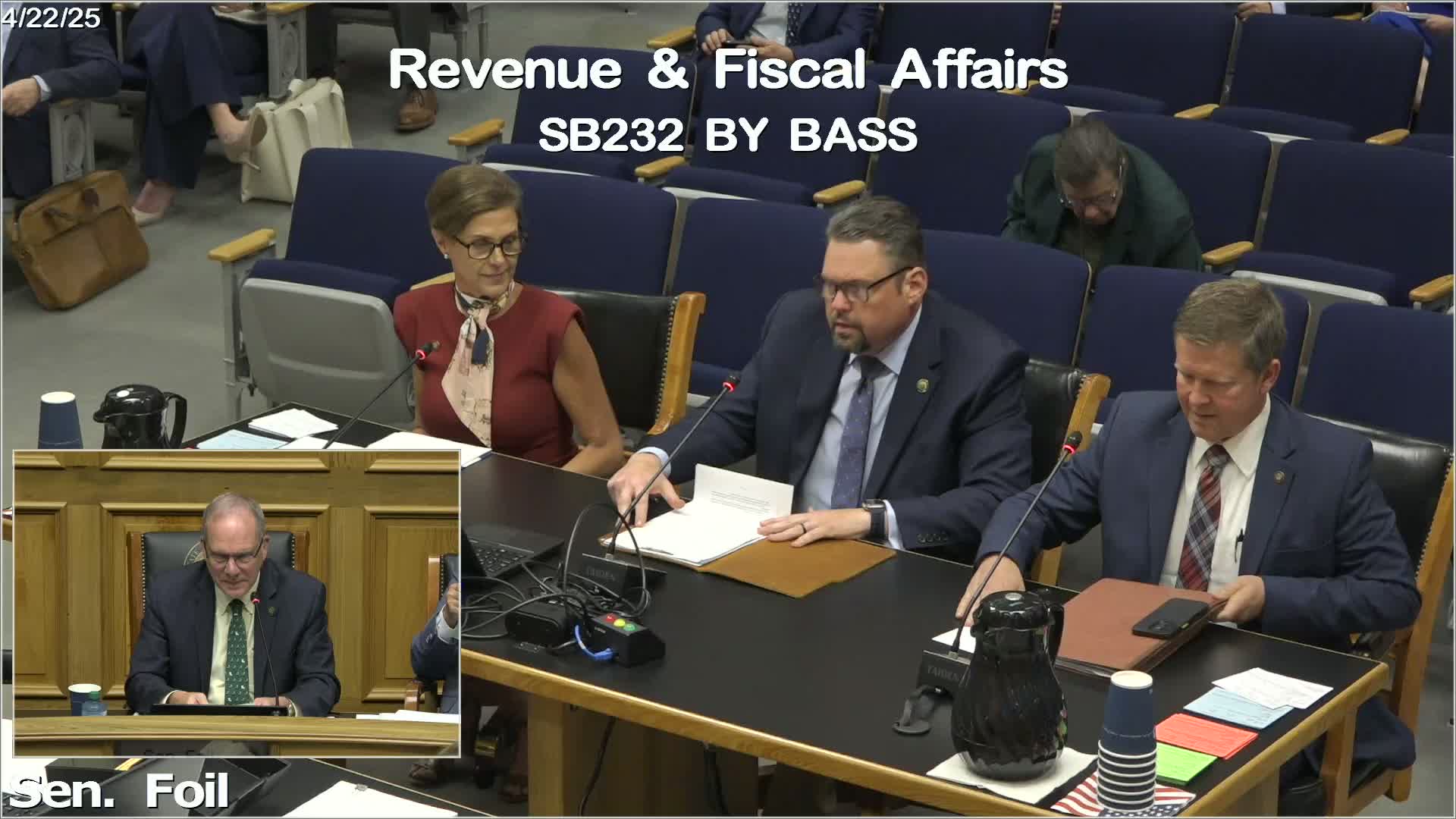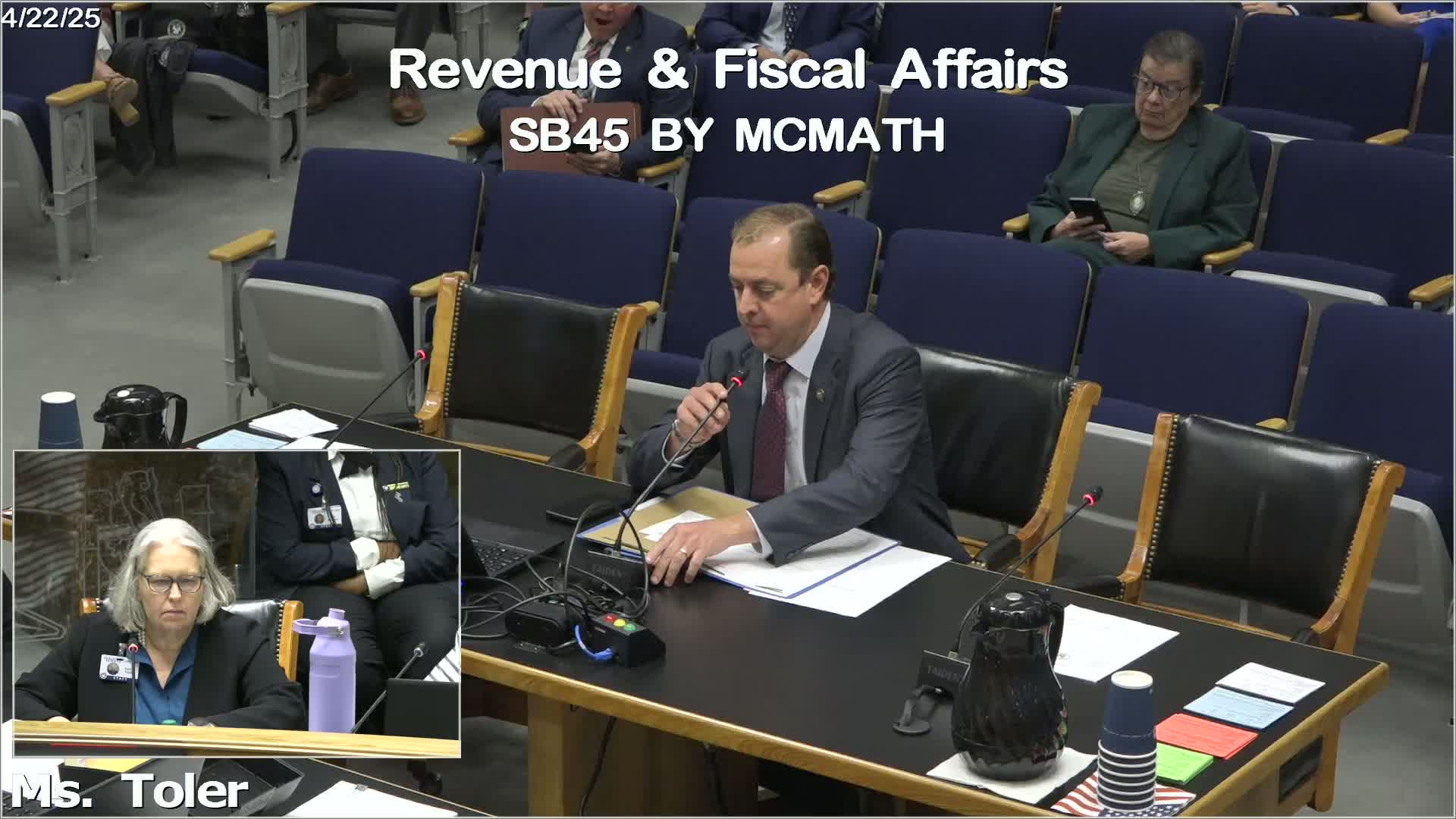Article not found
This article is no longer available. But don't worry—we've gathered other articles that discuss the same topic.

Senate committee advances tax credit to mirror fortified‑roof grant, adds $10 million cap

Committee lets Louisiana Economic Development set rules for motion‑picture incentive program

